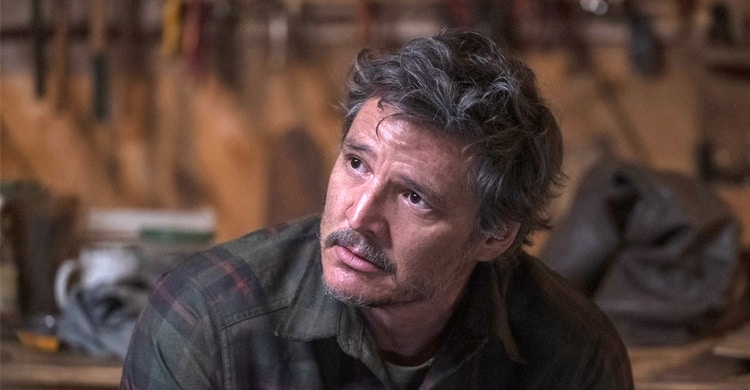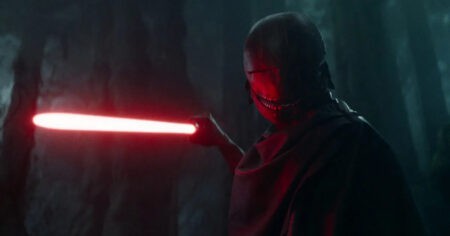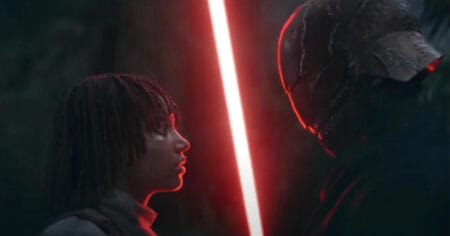HBO’s The Last of Us series is nearing the end of its first season. So far, each episode leaves takes audiences on an emotional roller coaster with some intense scenes that keep you on the edge of your seats while some that just leave you heart-broken and thankful we’re not living in a post-apocalyptic world. The Last of Us continues that trend as latest episode, “Kin,” journeys even deeper into Joel and Ellie’s character development.
At first, audiences who are not familiar with the Playstation video game that the series is adapted from, may think this is just another zombie-type show. A large part of it does carry one the same themes like dystopian civilizations, the infected, and other dangerous humans, but the creators added some more layers to the show. It’s storytelling and character-driven elements helps the series break away from any comparisons to other post-apocalyptic shows like The Walking Dead. Yes, TWD does have character development, but The Last of Us seems to center more around the trauma of loss and grief, and the human connection that’s more than just about strength in numbers.
With episodes 3 and 6 of The Last of Us, fans experienced powerful performances by Pedro Pascal (Joel), Bella Ramsey (Ellie), Nick Offerman (Bill), and Murray Bartlett (Frank). In episode 6, it’s Pascal’s Joel showing a different side of him. The vulnerable side. He’s still experiencing grief about the loss of his daughter, Sarah (Nico Parker). He’s also doubting himself about being able to keep Ellie safe.
Through flashbacks and dialogue, we see and know Joel lives life just moving around and surviving the apocalypse with no purpose or direction. In The Last of Us Episode 6, audiences finally see Joel with a flash of joy as he’s reunited with his brother Tommy (Gabriel Luna). An emotion we haven’t seen since before the infection. This probably felt like home to Joel.
Though this left Joel with a sobering moment. His life hasn’t really gone anywhere in comparison to Tommy who has managed to live and move forward with a wife and with a baby a long the way. In this episode, it appears the emotional weight of what Joel as been carrying is starting to take a physical toll on his health.
Then the self-doubt kicks in. Now Joel is just shutting down and pushing everyone away. With the fear of not being able to protect Ellie, he entrusts Tommy to take Ellie to her destination. Tommy is reluctant in taking the request but Joel breaks down in tears and eventually convinces him. Joel’s vulnerability is another side of Pascal’s character we haven’t seen at all. We’ve only seen that tough, get-it-done personality. Almost like he had no weakness. That wasn’t the case in episode 6.
Unlike characters like Rick Grimes or Daryl Dixon of The Walking Dead, who audiences don’t really see has characters with vulnerability, Pascal’s Joel is more of a multi-dimensional and layered character that helps The Last of Us break away from what’s been done in the past. The way Joel’s masculinity on screen isn’t so stereotypical. Joel showing vulnerability and emotions are not weaknesses or flaws, but are more admirable and relatable.
Audiences can predict that Joel would actually not let Ellie leave without him. It just wouldn’t be The Last of Us. Seeing Joel at the horse stables pretending to be stealing a horse was another way of his character showing humility. Joel doesn’t quite outright admit he will miss Ellie, but the father/daughter bond between he and Ellie are really starting to become stronger and we’ve reached a point in the series where they will need each other more than ever.
Anytime audiences think this will be just another show about survival during an infectious outbreak, the creators find a way to throw in some more depth into the story with their cast — and to also pull on your heartstrings.
The Last of Us Episode 6, “Kin,” is now streaming on HBO Max.





